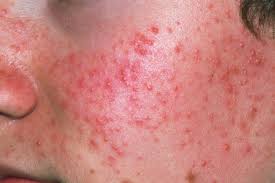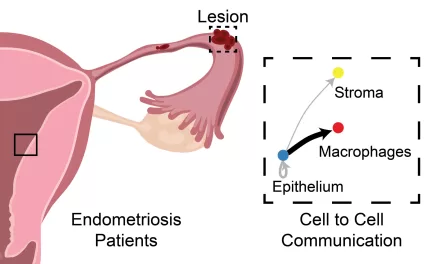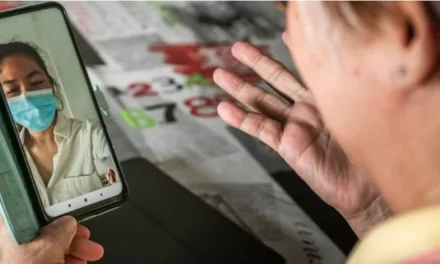The 26th annual Mount Sinai Winter Symposium – Advances in Medical and Surgical Dermatology showcased significant progress in acne treatments, including the FDA approval of a new topical gel that combines an antibiotic, a retinoid, and an antimicrobial agent. Additionally, the symposium highlighted the safe use of lasers for treating acne in people with darker skin types.
Innovative Acne Treatments
The newly approved topical gel marks a notable advancement in acne treatment by combining three active ingredients to target acne more effectively. This combination therapy is expected to offer improved outcomes for patients by addressing multiple pathways involved in acne development.
Safe Laser Use for Darker Skin
The symposium also reported on the successful and safe use of lasers in treating acne for individuals with darker skin types. This development addresses a long-standing concern about potential hyperpigmentation and other adverse effects from laser treatments in patients with higher melanin levels.
Antibiotic Stewardship and Long-Term Treatment
Dr. Joshua Zeichner, associate professor of dermatology at the Icahn School of Medicine at Mount Sinai Hospital, emphasized the importance of antibiotic stewardship in acne treatment. He noted that prolonged use of broad-spectrum antibiotics, such as minocycline, is not ideal due to the risk of developing antibiotic resistance and its negative impact on the microbiome.
A survey presented at the symposium revealed a stark contrast between patient and clinician concerns about antibiotic resistance. While less than 10% of patients or caregivers expressed significant worry about antibiotic use, over 65% of clinicians were concerned. Despite these concerns, nearly 60% of clinicians reported frequently prescribing broad-spectrum antibiotics for acne.
Dr. Zeichner advocated for the use of narrow-spectrum antibiotics like sarecycline, which target acne more specifically and have a reduced impact on the gut microbiome. He also emphasized the need to consider acne as a chronic condition, advocating for treatments that extend beyond the typical 12-week study periods used for product labeling.
Long-Term Efficacy of Acne Treatments
Highlighting the importance of long-term treatment data, Dr. Zeichner referenced an unpublished phase 4 study by Galderma. The study showed that patients aged 17-35 years treated with trifarotene cream experienced a significant increase in acne clearance rates from 31.4% at 12 weeks to 52% at 24 weeks, underscoring the benefits of prolonged treatment.
Non-Pharmaceutical Options
For patients seeking non-pharmaceutical treatments, light-based devices are showing promise. Dr. Zeichner discussed a study involving a photo-pneumatic device with broadband light, which uses thermal heat and vacuum technology to target Cutibacterium acnes and reduce sebum production. This device, safe for most skin types, filters out visible wavelength light to minimize melanin absorption and prevent damage to darker skin.
Another promising approach is the use of high-frequency lasers, such as a 1726-nm laser, which shrink sebaceous glands and reduce sebum production without causing hyperpigmentation in darker skin types. This technology represents a significant advancement in acne treatment for patients with diverse skin tones.
Conclusion
The Mount Sinai Winter Symposium highlighted exciting advancements in acne treatment, emphasizing the importance of antibiotic stewardship, the benefits of long-term treatment, and the development of safe, effective options for all skin types. These innovations offer new hope for patients seeking clearer skin and improved dermatological health.
For more information, refer to the studies and findings presented at the symposium and published online in related medical journals.












